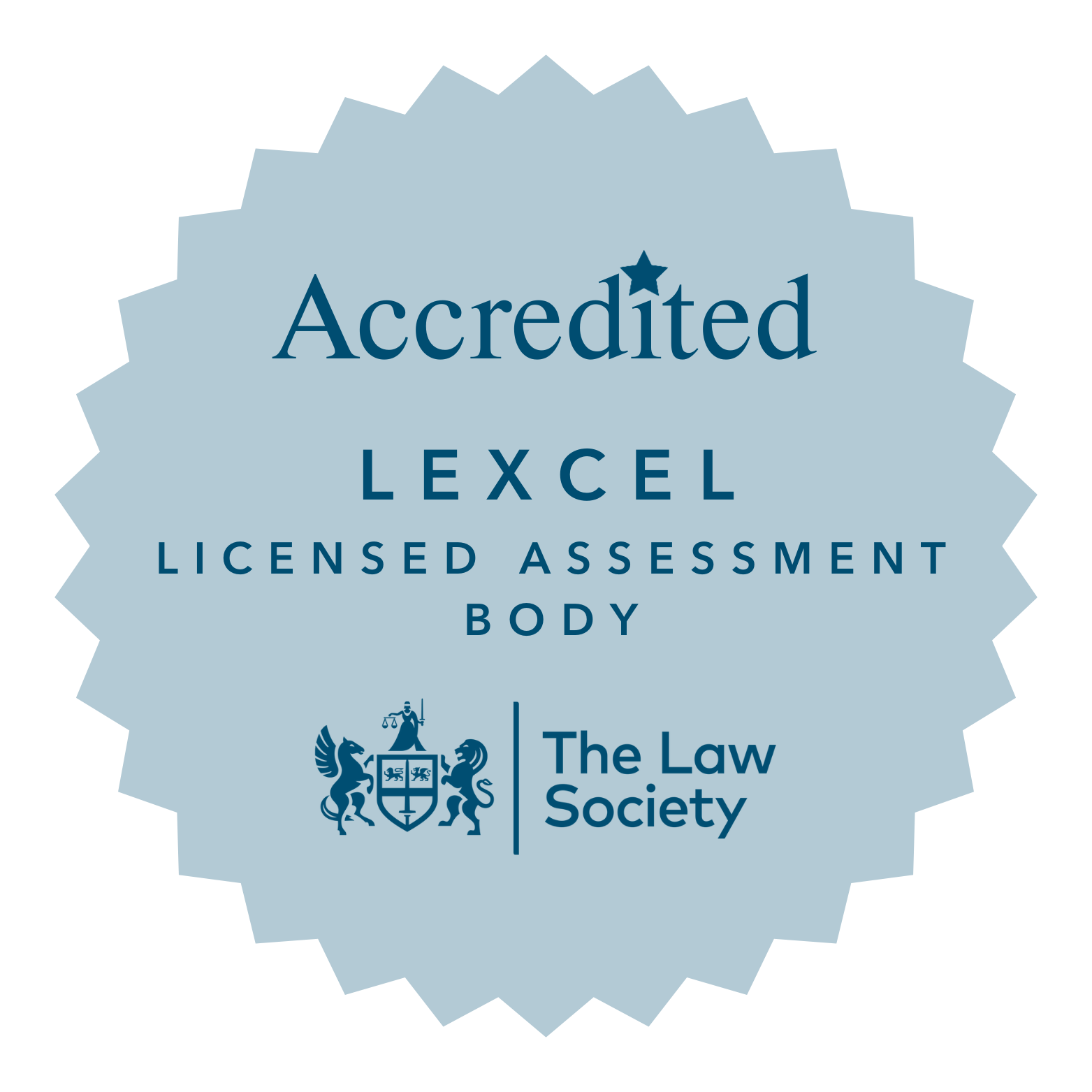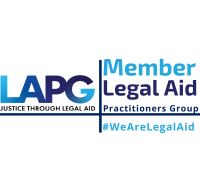An Emergency Protection Order is a short-term order made by the court under section 44 of the Children Act 1989 to provide immediate protection. The initial order can last up to 8 days, however, an extension can be made up to a maximum of 15 days in total.
To make the order, the court must be satisfied that:
There is reasonable cause to believe that the child is likely to suffer significant harm, if:
- He is not removed to accommodation provided by or on behalf of the applicant; or
- He does not remain in the place where he is currently accommodated.
For instance, the court can grant permission for a child to be removed from the care of a parent, or the order can be used to prevent the removal of a child from a hospital, or another place where the child is accommodated before the order was made.
An Emergency Protection Order can also be made where the local authority is undertaking s47 enquiries, where those enquiries are being frustrated by access to the child being unreasonably refused and there is reasonable cause to believe that access to the child is required as a matter of urgency.
Often, an Emergency Protection Order is sought at short notice and sometimes no notice will be given to parents before the application comes before the court. Where parents have not been given notice of the hearing or are unable to attend due to the short notice, the local authority’s legal representative should make sure that a full note is made of the hearing and the decision of the judge so that a copy can be given to the parents. The application, any written evidence, any orders made by the court and the note of the hearing should be given to the parents as soon as possible.
When making an Emergency Protection Order, the court can also issue a warrant authorizing the police to assist in carrying out the order.
The court has significant powers to aid the local authority to make sure that the Emergency Protection Order can be actioned, including:
- Authorize the local authority to enter specific premises and search for a child;
- Require any other person to disclose information about the whereabouts of a child;
- Issue a warrant to authorize a police constable to accompany the local authority, and a medical practitioner may accompany them when giving effect to the order;
- Directions for a medical or psychiatric examination of the child; or
- An exclusion requirement, requiring a named person to leave the house where the child is living.
If you intentionally obstruct someone trying to exercise their legal powers under an Emergency Protection Order, this is a criminal offence.
The local authority will then need to decide what steps it will take, this can include:
- Returning the child to the care of their parents;
- Applying for an extension of the Emergency Protection Order; or
- Initiating care proceeding and making an application for an interim care order.
If you have been told that the local authority is seeking an Emergency Protection Order or the local authority has obtained one in relation to your child, it is vital that you seek timely legal advice from a qualified family solicitor, specializing in public children law. If you wish to get in touch, please call our office on 0207 976 2233.


